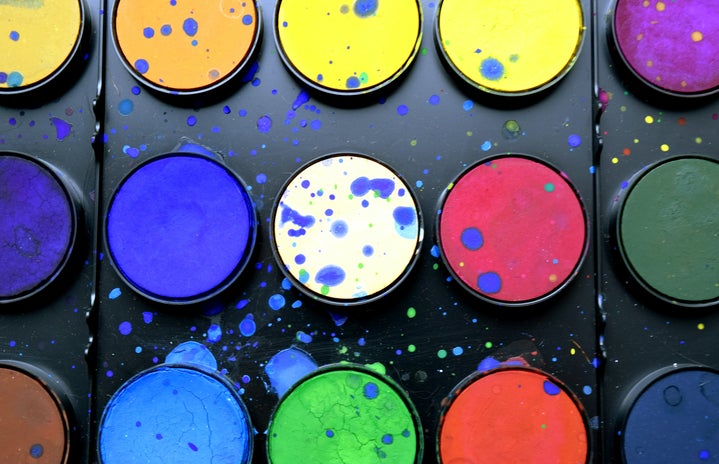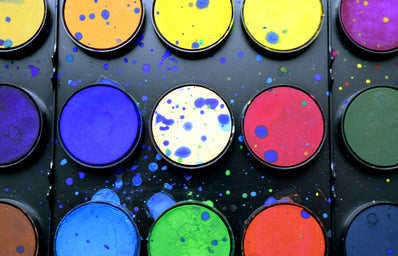“We’ve always stood for inclusive beauty that supports any and all types – from skin types to lash types,” CoverGirl said on Instagram.
CoverGirl is slaying our lives. Just a month ago the company named James Charles, a 17-year-old makeup artist, as its first male spokesmodel. Now they are adding Nura Afia to their many beauty ambassadors to demonstrate the diversity of people who use its products. This is the first time CoverGirl has shown a woman in a hijab advertising their products. Nura Afia began her makeup journey watching beauty videos five years ago while nursing her infant daughter; she had no clue where watching YouTube would take her.
Afia joins CoverBoy James Charles and other celebrity ambassadors to promote the brand’s So Lashy! BlastPro mascara. Afia is a part of CoverGirl’s #LashEquality campaign, which promotes inclusivity within the beauty industry.
CoverGirl posted on Instagram, “#LashEquality = bold, sexy lashes for ALL COVERGIRL, we’ve always stood for inclusive beauty that supports any and all types — from skin types to lash types. We know that whether you have short, straight, light or long lashes, you all crave the same bold end look, so we listened and created #SoLashy mascara: the first mascara designed for any and all lash types. Representing all types of beauty, our #SoLashy fam (and their lashes) have come together to stand for #LashEquality.”
A few quotes from Afia:
“I feel like it shows girls that whatever you believe in, it doesn’t matter if you’re a Muslim or an Orthodox Jew, you can stick to your beliefs and pursue your dreams. I think it is so important that all different types of religions and races out there are represented.”
“Growing up, I felt it would hold me back,” she said. “You never saw women in magazines wearing one.”
“For me it’s the artistic approach to it that’s interesting. I’m very confident without makeup, and on Snapchat, I don’t often wear it. But I love the transformation and got good at it. I never dreamed it would get that big, but I started gaining a following and realized there are other women like that, others girls in my position who could relate to me.”
She has more than 200,000 subscribers on her YouTube channel, where she posts makeup tutorials, and more than 300,000 followers on Instagram. CoverGirl reached out to Afia in early October about potentially being in a commercial for the company, but she didn’t realize the extent to which she would be representing the brand.
In a world where so many beauty ads still showcase such a narrow definition of what’s considered beautiful, it’s so important that represention grows. As a makeup fanatic, I get so excited when I see such a great change like this: brands starting to cater to and represent women of color, men, and now different religions. It may not be clear as to why I appreciate this new campaign so much, but makeup is often looked down upon. Women and men criticize how a woman’s makeup looks. Women and men criticize the fact that a man wears any makeup. When it comes to a woman wearing a hajib, on Instagram I will see the harsh criticism they receive for wearing makeup. The critics question why, why would a woman wearing a hajib be wearing makeup? They do not seem to understand that these two actions are exclusive to one another. I have even seen a meme trying to poke fun at a lady looking at hair dye while wearing a hijab. Makeup, hair, and fashion is art, a form of expression. Anyone should be able to express themselves how they feel fit.
She was once insercure about her hijab, but she learned to love it. Her confidence is an inspiration.

